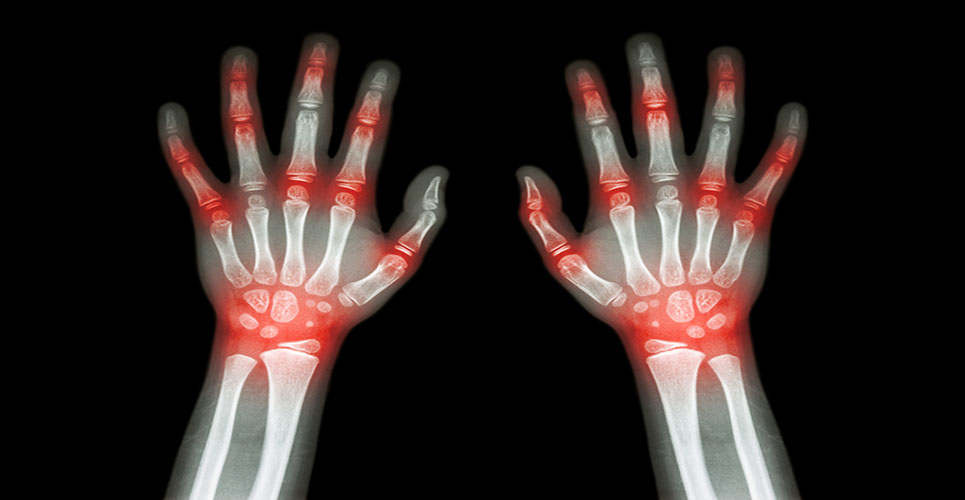teaser
Prescribers have been told to stay alert to the side-effects of an osteoporosis drug after it was found to weaken bones in the jaws of patients.
Bisphosphonates are often prescribed both for osteoporosis and certain cancers.
Taken orally, these medications (such as Bonviva or Fosamax) promote increased bone density in women with osteoporosis. Taken intravenously, the drugs can also help stop the spread of cancer in chemotherapy patients.
However, the use of bisphosphonates has also been linked to a condition known as osteonecrosis of the jaw, or “dead jaw.”
Osteonecrosis occurs more often in patients who take the drug intravenously and is a result of the jawbone “dying” and becoming exposed.
But Dr Jon Suzuki, from the Temple University’s Maurice H Kornberg School of Dentistry in the US, says physicians and dental professionals should still keep a close eye on their patients who take the oral form.
Previous studies have found between one and 10 patients out of 100 who receive bisphosphonates through an IV are at risk of the disease, while only about one in 100,000 patients taking the oral form are at risk.
Existing research suggests that taking these medications orally for more than three years or intravenously for more than six months could disturb the balance between bone cells that produce calcium and those that remove calcium. This condition can lead to oral health problems including loose teeth, jaw and gum pain, swelling and infection, numbness and gum loss.
Copyright PA Business 2008
Temple University’s Maurice H Kornberg School of Dentistry

